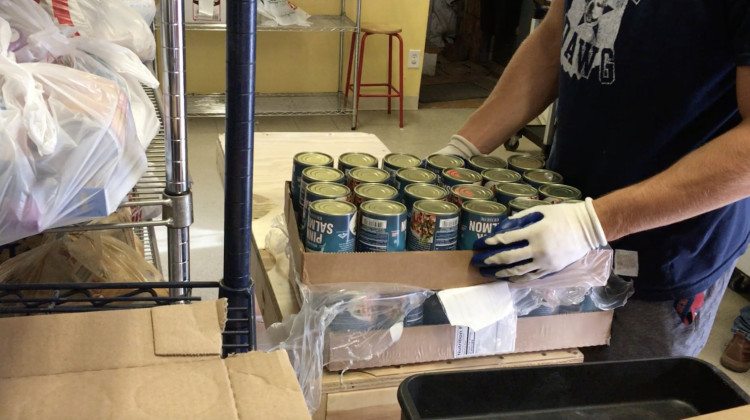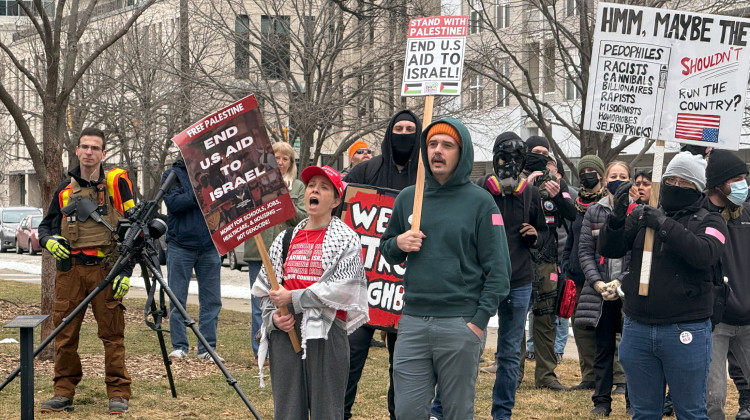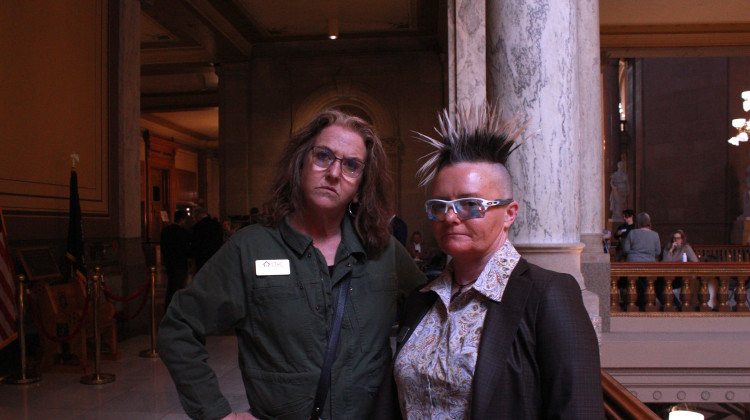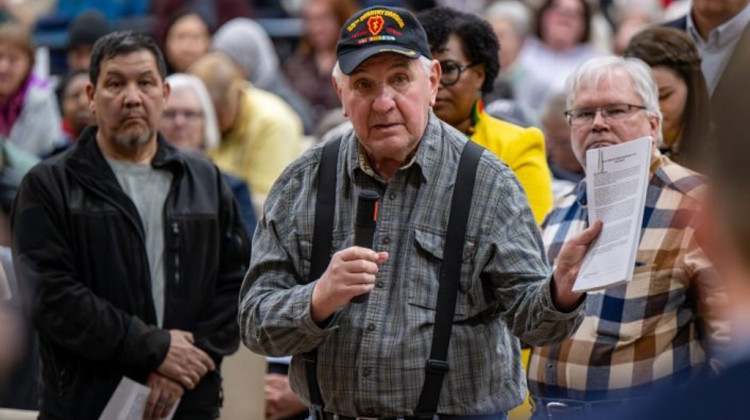Gleaners Food Bank of Indiana will change its distribution methods as the need for food increases.
Gleaners said the number of residents in need of food has doubled since the start of the year and is reaching height-of-pandemic levels. As a result, the food bank will revert back to a drive-through distribution model that was first used during the COVID-19 shutdown.
Gleaners President and CEO Fred Glass said people are waiting for hours standing in line at the onsite Community Cupboard pantry.
“These are hard working people who have one or two or three jobs in their household and they are trying to make it, and a lot of them are finding themselves in line for the first time,” Glass said.
Gleaners clients say inflation and rising rent are impacting household budgets. Recently, the weekly number of people being served has topped 700. Before the pandemic, 400 people was thought to be the maximum at the pantry.
Gleaners also distributes food to pantries across 21 Indiana counties.
Glass said they are tweaking the drive-through to better distribute wrap-around services, including the Supplemental Nutrition Assistance Program, or SNAP, and transportation support.
“There are things we can do in line, they are a captive audience – we can go car to car and help them know services are available, and we intend to take advantage of that as much as we can,” Glass said.
Gleaners Community Cupboard is located at the Gleaners warehouse at 3737 Waldemere Avenue in Indianapolis. The pantry serves neighbors four days a week.
 DONATE
DONATE








 Support WFYI. We can't do it without you.
Support WFYI. We can't do it without you.